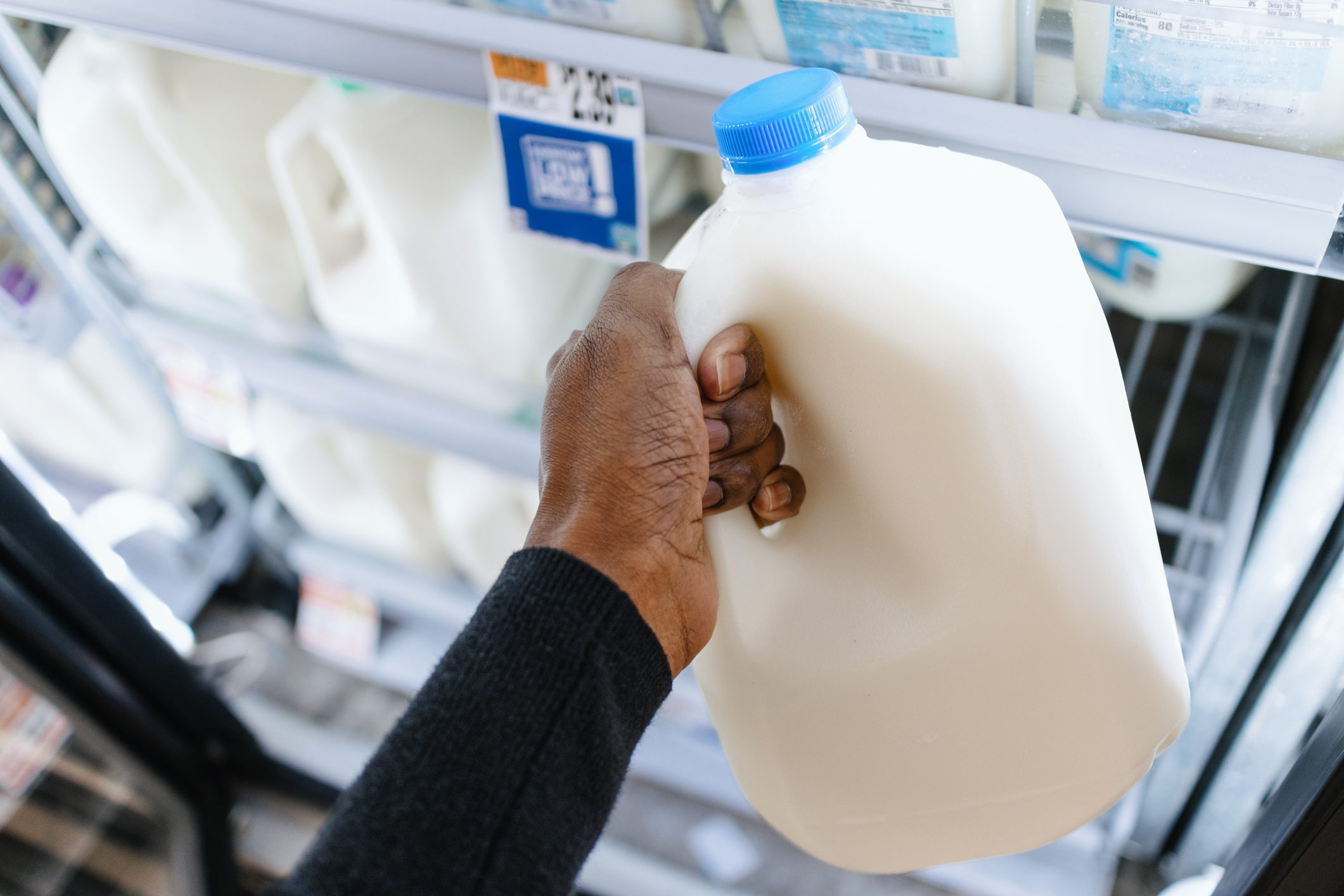It's been an American dietary recommendation for decades. Now epidemiology researchers on three continents have identified a timely benefit.

New Research: A Classic Mineral for Your Bones May Also Reduce Colon Cancer Risk

The U.S. Surgeon General made an impact at the start of the new year when he proposed cigarette-like warnings on retail-sold alcohol, and cited findings that drinking alcohol has been causally linked with the occurrence of at least seven types of cancer. Besides shedding light on the specific health risks linked to even moderate levels of drinking, his announcement also highlighted the fact that one’s lifestyle and diet can significantly influence both cancer risk and its prevention.
As colorectal and other bowel-related cancers nearly always turn up on these lists of lifestyle-related cancer types, a study published in the January 2025 issue of the peer-reviewed science journal, Nature Communications, has some happier news. It turns out, getting sufficient dairy could have a protective effect against bowel cancer.
After performing a systematic analysis of 97 dietary factors and subsequent colorectal cancer risk in 542,778 female subjects, the researchers behind the new study—who hailed from the USA, UK, France, and New Zealand—determined that 17 factors influenced colorectal cancer risk for better or worse. “Of these 17 dietary factors, alcohol and calcium intakes had the strongest associations … with colorectal cancer risk,” the team reports, noting that this observation also applied to cancers isolated to the rectal and colon sites. Yet again, alcohol was shown to increase the risk, while regular calcium consumers saw their chances cut.
The findings were dosage-dependent, meaning that the more dairy a person ate, the less likely they were to develop these cancers. When the researchers divided the subjects into fifths, the highest segment of calcium consumers had the lowest rates of bowel cancer. In fact, the scientists determined that consuming an additional 300 milligrams (mg) of calcium per day—roughly the amount found in a large glass of milk—was linked with a 17% reduction in bowel cancer risk.
“This is the most comprehensive single study ever conducted into the relationship between diet and bowel cancer, and it highlights the potential protective role of calcium in the development of this disease,” said Dr. Keren Papier, PhD, a nutritional epidemiologist at the UK’s Oxford University and lead researcher of the study.
What role did calcium play? “We have some idea,” Dr. Papier recently told the charity Cancer Research UK, which helped to fund the study. “It’s suggested that calcium might protect against bowel cancer by binding to bile acids and free fatty acids to form a type of a harmless ‘soap,’ which stops them from damaging the lining of our gut,” she explained.
Further, the team observed that red and processed meats increased the likelihood of these bowel cancers, while fruit, whole grains, fiber, folate, and vitamin C were associated with lower risk.
Colorectal cancer is the third most common cancer type in the world. Roughly two million new cases are diagnosed globally each year, with high rates of the illness in high-income regions, such as North America, Europe, New Zealand, and Japan and lower rates in Asia and Africa, the study says.
The authors note that research on people who relocate to a different country has reinforced the observation that colorectal cancer is often lifestyle- and diet-related. “Colorectal cancer rates in migrants have been shown to change within as little as just over a decade towards those of their adopted country,” the authors note.
Broadly recognized for its bone health benefits, calcium is an essential mineral that can also improve muscle function, nerve function, circulation, hormone balance, and many other important bodily functions. According to the National Institutes of Health (NIH), most adults require 1,000 milligrams (mg) of calcium per day, though post-menopausal women and men over the age of 70 should aim for 1,200 milligrams per day.
Dietary differences could help to explain how these changes take effect, while also pointing to some prescriptive measures people can take to protect against cancer. Though you cannot prevent bowel cancer through diet alone, you can lower your odds by curbing your alcohol intake, eating less red and processed meat, and increasing your calcium levels.
For daily wellness updates, subscribe to The Healthy by Reader’s Digest newsletter and follow The Healthy on Facebook and Instagram. Keep reading:
- New Research: Having This Chronic Condition May Actually Help Prevent Breast Cancer
- Women’s Choice in a Partner Has Been Linked with Higher Cancer Survival in a New Study
- Over 30? This Cancer Screening Should Be “Standard” for You, Say Expert Doctors
- New Research: Being Overweight Increases the Risk for These 2 Cancers




















